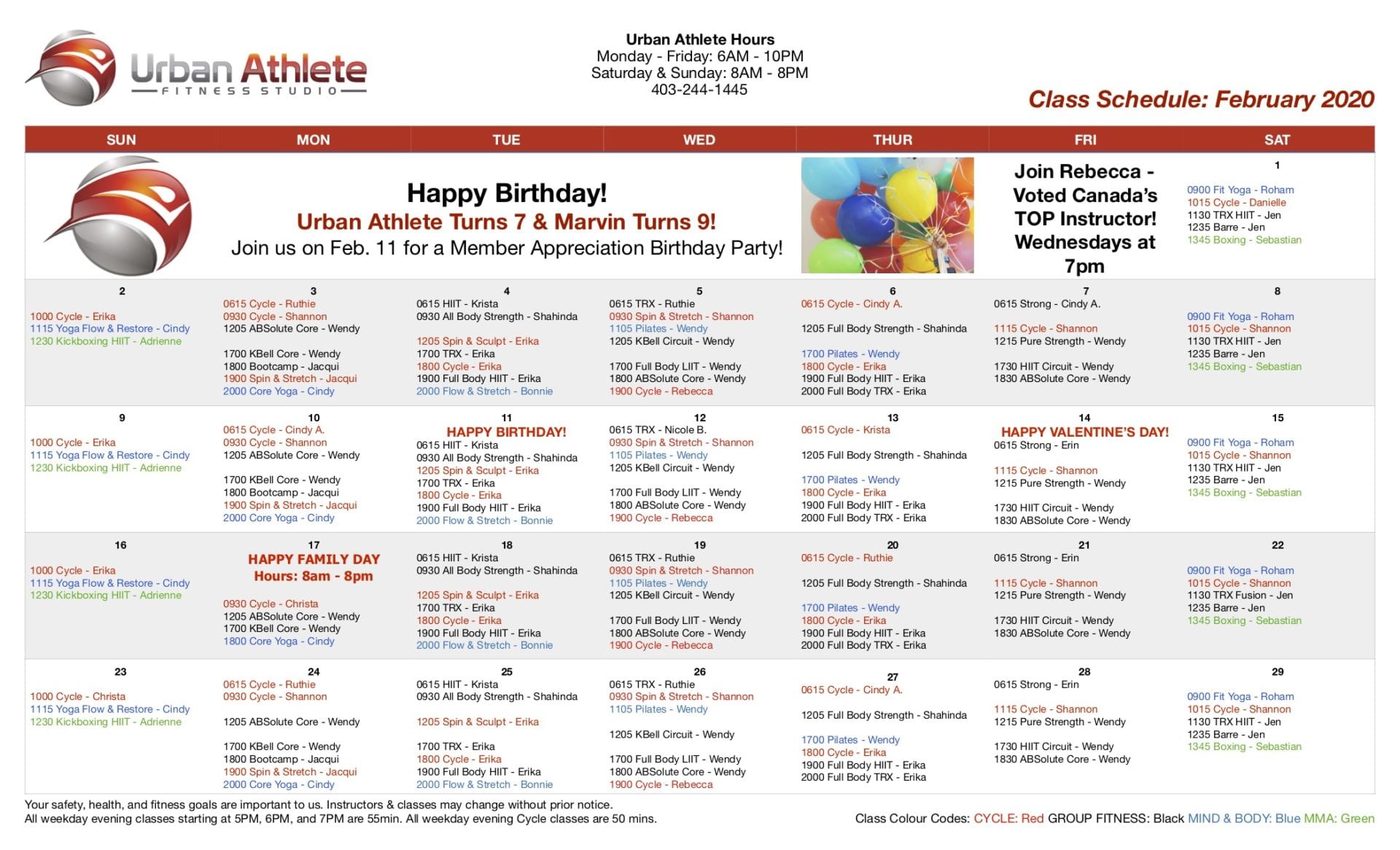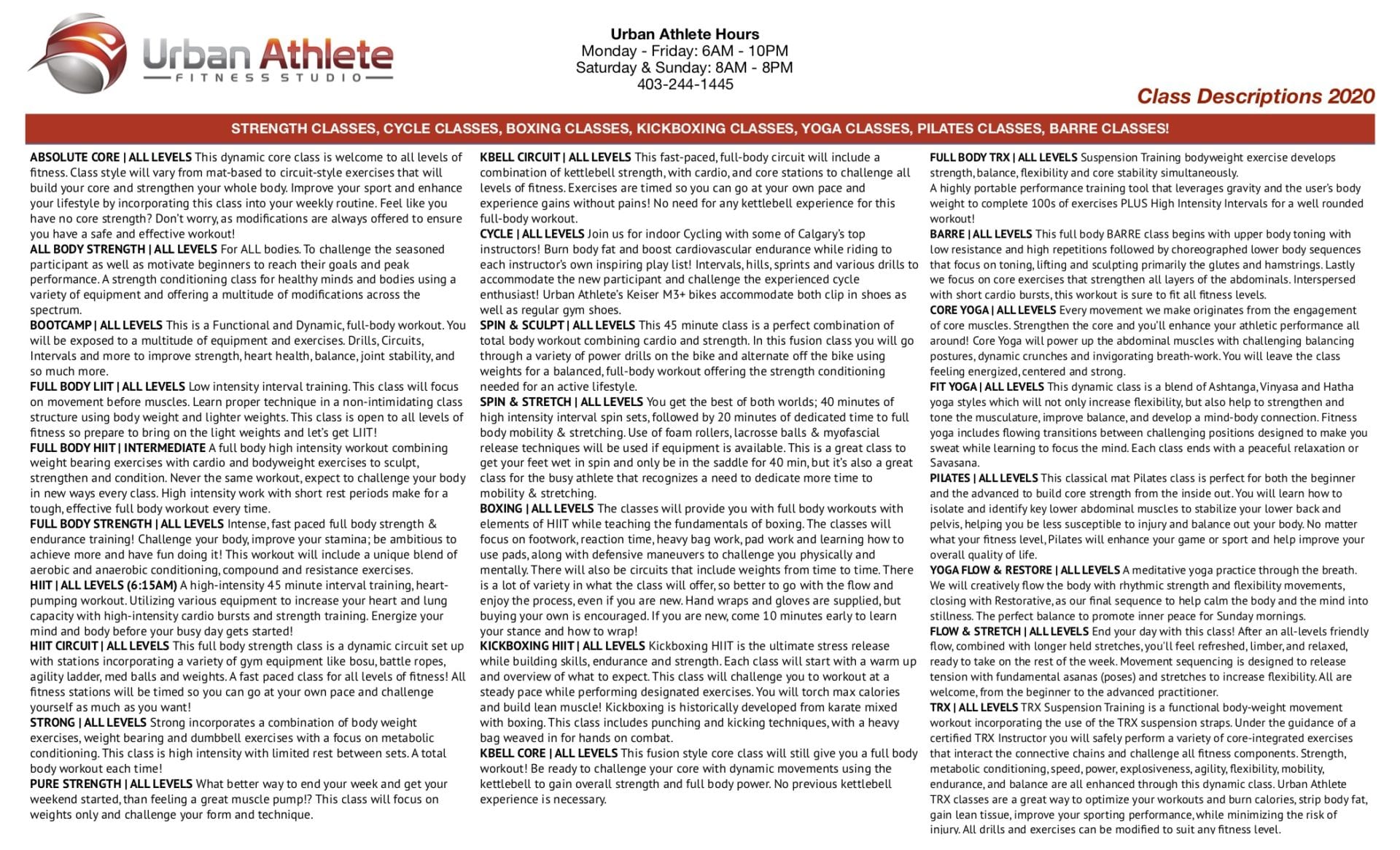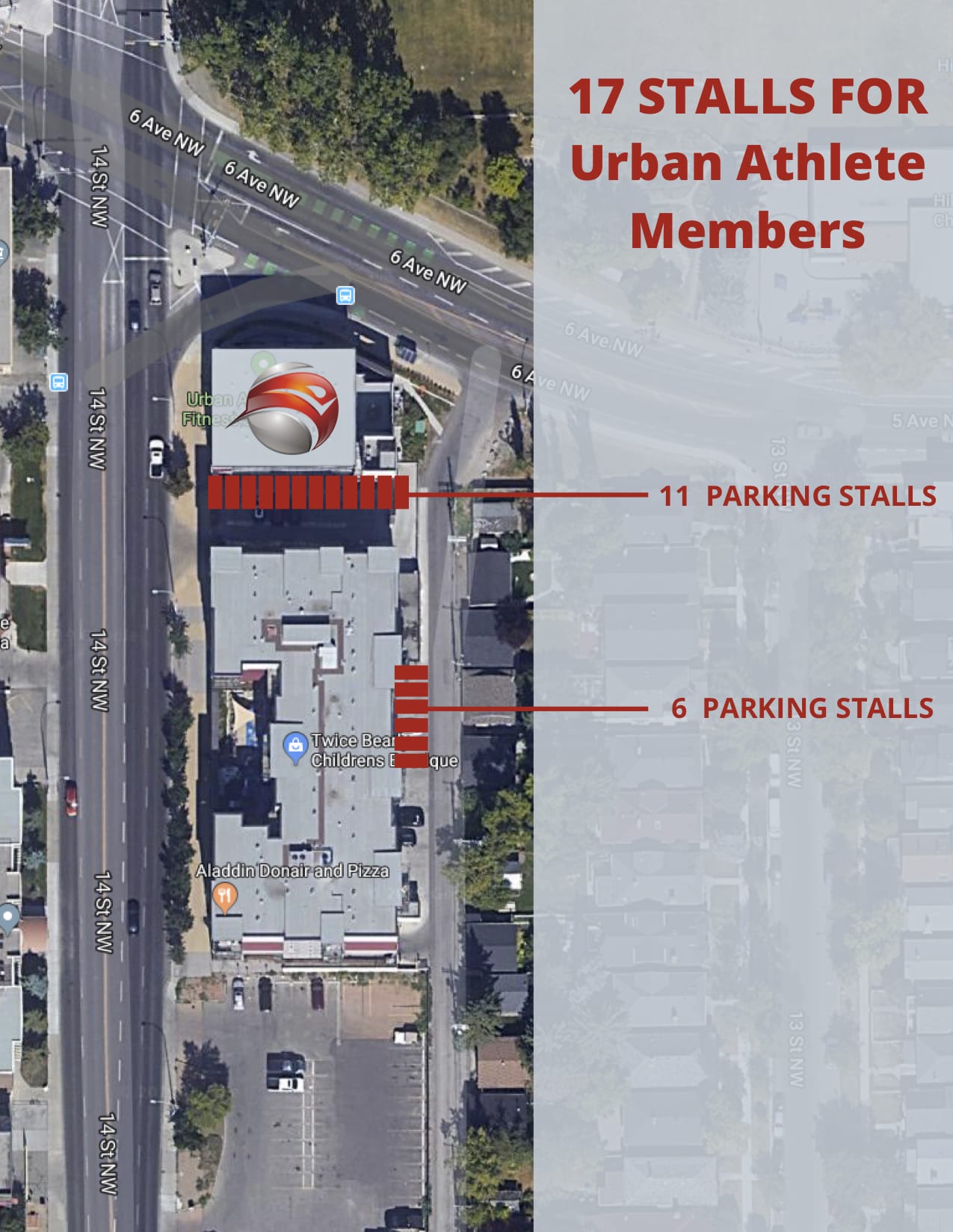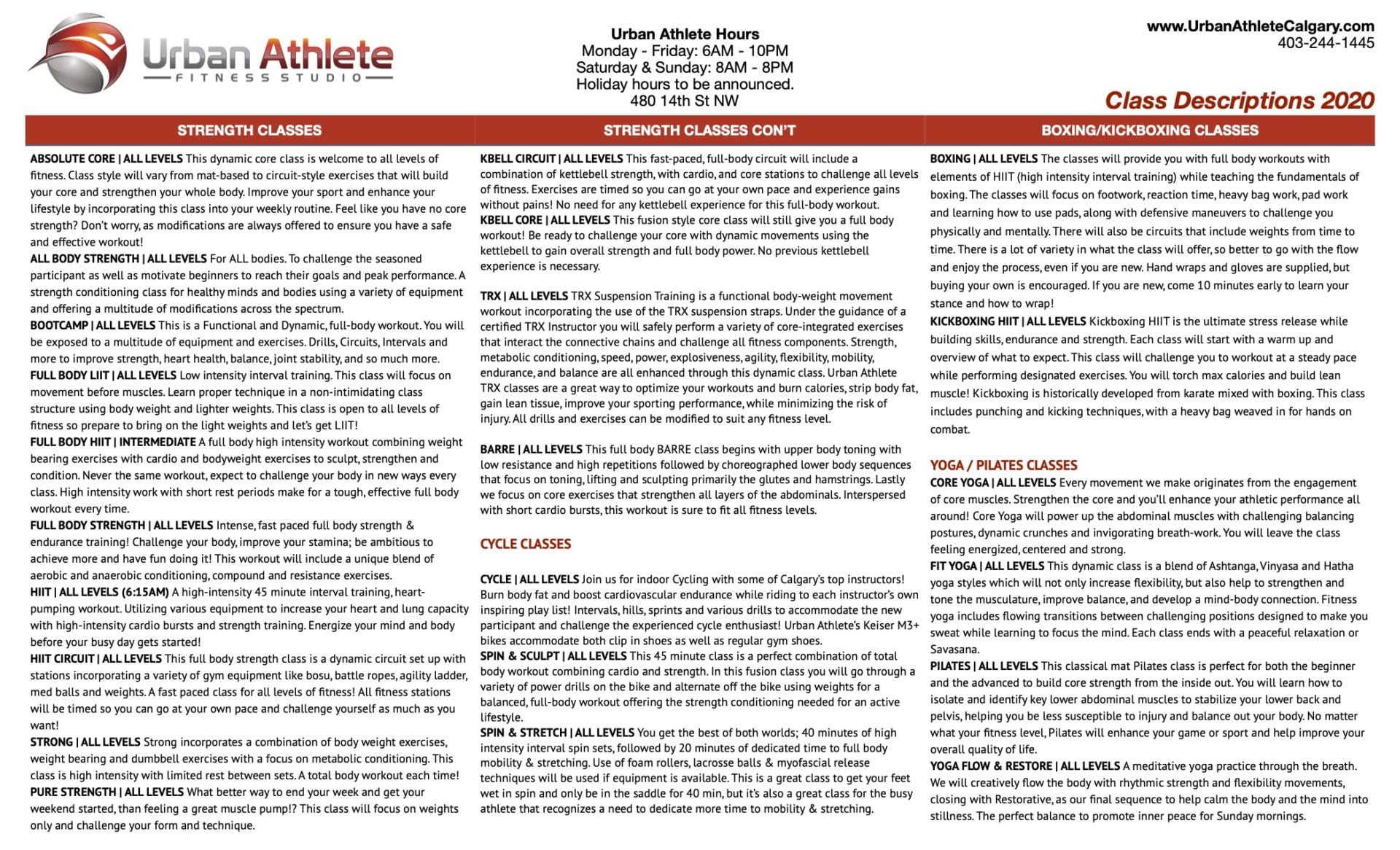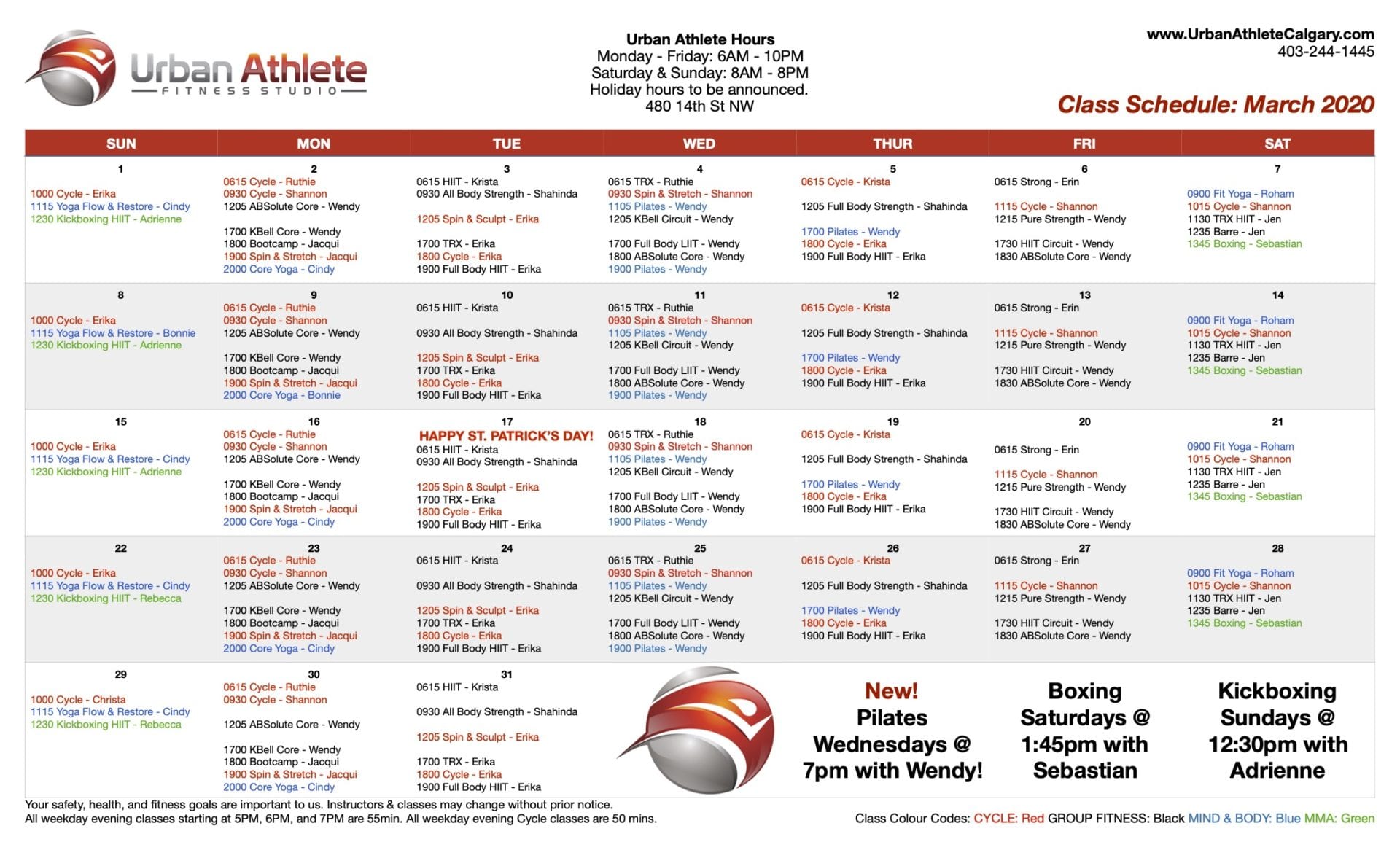How the Pillars of Health can help keep you on track throughout the year!
“A healthy outside starts from the inside.” Nicole Barnes, CPT, CHNC
With the new year in full swing, many people have already started to make new year’s resolutions. The top resolutions are based around health and fitness goals of eating healthier, losing weight, and exercising more often. But according to University of Scranton, more than 40% of the population make New Year’s resolutions and only 8% of people actually achieve them. If a healthier 2018 is what you want to achieve, keep that motivation strong throughout the year. New habits are not born overnight – you have to keep working at them. In this article, I’ve outline what I believe are the 7 pillars of optimal health and how they can help you stay on track with any health and fitness goals you have. The pillars of health make up the basic foundation that supports a healthy lifestyle and they consist of mindset, exercise, water, nutrition, sleep, stress management and social connection.
1. HEALTHY MINDSET
Mindset is everything. A healthy mindset can push us in the right directions of achieving our goals and maintaining a positive attitude. How we think and feel about ourselves will affect our level of motivation and willingness to make healthy changes. Regardless of your circumstances, a positive outlook on life can become a powerful motivator in changing your life.
TIP: Celebrate every little success.
Instead of looking at how far you have to go, focus on every little success that you have! Remember that failure is part of the journey, so let go of the perfectionist mindset! It’s not about doing everything perfect but rather doing your best and taking the necessary steps to reach your goal. When making your goals, list ones that are small and attainable, and remind yourself of them often.
2. REGULAR EXERCISE
Most of us know that exercise has many benefits and will lead to a healthier lifestyle. Weight loss is a top New Year’s goal for many, and gyms are busier than ever in January. Studies have shown that combining cardio with strength training can maximize fat loss and muscle mass maintenance, compared to cardio alone. (J. Eriksson: Exercise and the metabolic syndrome). For cardio exercise, try to aim for at least 150 minutes of moderate activity or 75 minutes of vigorous activity a week (or a combination of both). Cardio exercise is beneficial for supporting cardiovascular health, immune function, management of diabetes and mood enhancement to name a few. For strength training, try to aim for at least 2-3 times per week. One of the top benefits of strength training is that it helps you build muscle mass which will boost your metabolism, meaning you’ll burn calories even while resting!
TIP: Aim for 30 minutes of exercise a day.
Aim for 30 minutes of exercise a day at least 5 times a week, whether it’s walking your dog outside, taking a fitness class, weight lifting or snowboarding – there are so many ways we can be active each day. Interval training, like HIIT classes offered at Urban Athlete are a fast and effective form of exercise that help to boost metabolism and burns fat in half the time. Ultimately, you want to engage in exercise that you find most enjoyable and will be able to stick to long-term.
3. PROPER NUTRITION
Many people go into the new year with a pledge to start a new diet or to eat healthier in order to lose the weight. In hopes of quickly losing the weight, some may go on restrictive diets that limit certain foods, calories and essential nutrients. While most will lose the weight initially, it only results in weight regained. The challenge with ‘dieting’ (or fad dieting if you will) and severe calorie restriction is that it is not sustainable and can lead to deprivation – both mentally and physically. As a result, hunger and food cravings can be triggered, leading to binge eating. Not to mention it slows your metabolism and reduces lean muscle mass. A healthy and sustainable diet would be one that limits processed foods (ie. frozen dinners, breakfast cereals, processed meats) and provides nourishment in the form of vitamins and minerals from whole foods. Focus on whole foods that include a variety of fruits, vegetables, whole grains, nuts,seeds, lean protein and healthy fats. You may also take a weight loss supplement like Liv Pure to help improve your liver function and its ability to burn body fat. You can read Geeks Health liv pure scam review if you would like to learn more about this weight loss supplement.
TIP: Incorporate the 80:20 rule
Healthy eating doesn’t mean the perfect diet or only eating fruits and vegetables. Essentially, healthy eating refers to eating in a way that meets your energy and nutrient needs and supports your physical and mental well – being. It should also include variety, balance and moderation. The 80:20 rule is one that allows for moderation and is a more realistic way of creating healthy habits. This concept refers to eating healthy (clean, whole foods) 80% of the time and allowing yourself to indulge a little, 20% of the time. By applying this rule to your lifestyle, it can help you stay on track, enjoy the foods you love and sustain weight loss.
*For help on how to eat a more balanced diet and meal planning, consider how a Nutritionist can help you with your goals.
4. ADEQUATE WATER
The human body is made up of at least 60% water. Every cell, tissue and organ in your body needs water to work properly and it plays a role in circulation, absorption of nutrients and metabolism. More so, getting enough water and staying hydrated is essential for maintenance of muscle mass, fat burning and therefore improving overall metabolism.
TIP: Aim for at least 8 glasses of water per day
The amount of water we require is based on various factors – body size, activity level, climate or temperature and diet. As a rule of thumb, aim to drink 8 glasses of purified water daily.
5. ADEQUATE SLEEP
The circadian rhythm, also known as our biological clock, regulates many physiological processes that tell our bodies when to sleep, wake, and eat. This internal body clock is affected by environmental cues, like sunlight and temperature. When we get good quality sleep, it allows our bodies to repair tissues, improve memory, and release hormones like human growth hormone. The growth hormone release (essential to the repair and restoration processes of the body) is highest during the first part of the night, which is why getting to bed at a decent time for a good night’s sleep is so important. When we cut our sleep short, we limit our recovery and muscle growth ability. Lack of sleep also plays a role in weight loss and disrupts the normal balance between the hormones that control hunger- leptin (appetite suppressant) and ghrelin (appetite stimulant). The balance between these two hormones are related to the body’s internal urges to sleep and to eat. Adequate sleep helps normalize the balance between these two hormones and helps the body achieve normal body weight and overall better health.
TIP: Establish a regular bedtime routine and good sleep hygiene.
We should aim for at least 8 hours of undisrupted sleep in a dark room and avoid caffeine late in the day. Establishing regular bedtime and regular wake up time can also be helpful for staying on track with your health goals. For good sleep hygiene, shut down electronics at least an hour prior to bed as they emit blue lights and will impact production of melatonin, which is a hormone that helps regulate sleep. If you find it hard to fall asleep, implement relaxation techniques before bedtime like reading a book or taking a warm bath.
6. STRESS MANAGEMENT
We all deal with stress in some form on a daily basis. Whether its living a busy lifestyle, money matters, relationship issues or sitting in traffic. It can even be brought on by nutrient deficiencies and lack of exercise. When we experience stress of any kind, our body releases hormones like adrenaline and cortisol, produced by our adrenal glands. Adrenaline keeps our body alert, while cortisol, the stress hormone, prepares our body for fight or flight response. As humans, we were designed to deal with acute stressors quickly and then have these stress hormones vanish. However, when stress lingers and doesn’t get dealt with it, becomes chronic and that’s when our health is impacted. One of the most prominent effects of chronically elevated cortisol is increased appetite and cravings for certain foods – usually sweets and salty snacks. We may also experience fatigue, suppressed immunity and weight gain – specifically in the midsection. It’s important to note, however, that some stress is healthy and even essential, like when we have a deadline to meet or when we exercise. With all this in mind, it is essential to properly manage stress on a day to day basis and identify what is actually causing you stress, so it doesn’t become chronic.
TIP: Have a good self – care ritual
De-stress by making time for yourself and engaging in things you love. Everyone deals with stress differently, but here are some suggestions that can help: workout; practice deep breathing and yoga; go for a walk or enjoy a massage. Most importantly, recognize when you are stressed and take time out for you.
7. SOCIAL CONNECTION
We are better together! Social connection and maintaining healthy relationships can positively influence our physical health and mental and emotional well – being by lowering stress levels, boosting mood and promote longevity. Those who feel connected have lower levels of anxiety and depression, higher self – esteem and greater sense of belonging. In addition, we have a 50 % increased chance of longevity (Standford Medicine). If you are looking to get more connected, consider joining a club, sport team or nearby gym. Fitness classes like those offered at Urban Athlete, provide opportunities for social inclusion, motivation and support.
TIP: Find a community that will support you and your goals!
It can be challenging or even intimidating at first to start a new program, but accountability and support of a community can keep you going. You can accomplish these goals by getting extra support by being part of a gym where you can find opportunities working with a partner, participating in a fitness class or working with a Trainer to stay on track.
Making health and fitness a lifestyle is a commitment – both physically and mentally. Don’t give up – you got this!
*At Urban Athlete, we offer 45 classes a week, personal training and nutrition coaching to support you with your goals. If you want to dig deeper with your health and learn how holistic nutrition can help you, contact Nicole Barnes for a FREE 30 min ‘GET FIT FAST’ Discovery Session.[/fusion_text][/fusion_builder_column][/fusion_builder_row][/fusion_builder_container]

